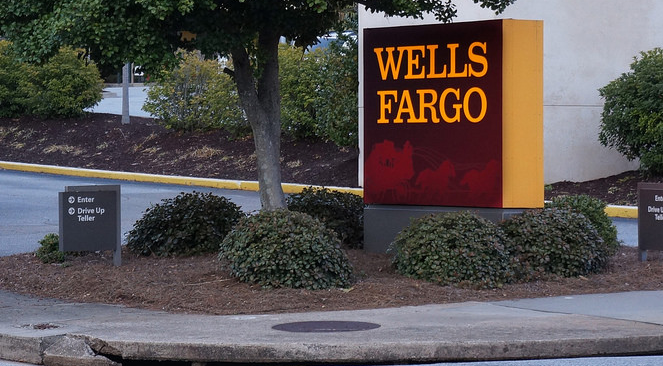Wells Fargo To Stop Reordering Check Transactions; Should Reduce Overdraft Charges

(bikeoid)
Say you’ve got $400 in your checking account and your bank has a policy of charging $35 each time you overdraft your account. Then, losing track of your bank balance, you write four checks totaling $450 — the first for $75, the second for $50, a third for $25, and the final one for $300.
If the bank processes those checks in the order they were written, then you only face a single $35 overdraft fee, as you don’t overdraft your account until that $300 check is processed. But if the bank reorders them from largest to smallest, then it can collect $70 in fees.
A lot of banks do this reordering, also known as “stacking.” They often contend that it’s a matter of making sure the largest, and likely most important, payments are given priority; it just has the happy result of maximizing overdraft fees.
Wells Fargo, which is currently appealing a $203 million class action suit over stacking, had already stopped reordering debit card transactions and ATM withdrawals, but continued stacking checks.
But according to the Washington Post, WF will soon begin processing its customers’ checks in the order in which they are received.
“This change will simplify the communication of our posting order to customers since we will have a single process that is used in all of our banking states,” a rep for the bank explained.
Stacking was pushed into the spotlight in 2011 after Bank of America agreed to pay $410 million to settle claims related to the practice. The bank also gave up on reordering transactions altogether.
Want more consumer news? Visit our parent organization, Consumer Reports, for the latest on scams, recalls, and other consumer issues.

